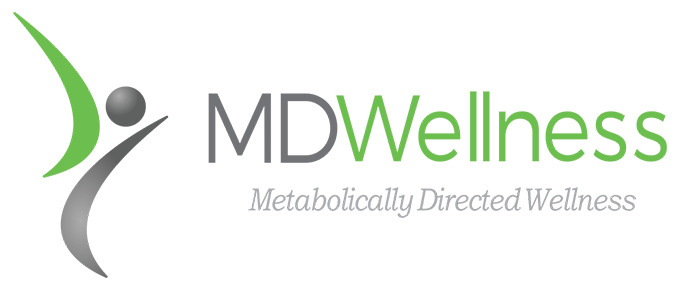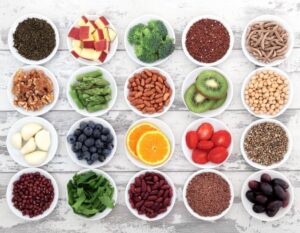We have all now heard about Venus Williams first round loss at Wimbledon and that she is suffering from an “autoimmune disease” named Sjogren’s syndrome. Having an autoimmune disease is bad enough, but Ms Williams is also suffering from another disease, this one is self-induced and it’s called malnutrition.
You see Venus Williams is one of the many unfortunate health seekers that have fallen victim to The Vegan Myth. There have been countless books, journal articles, and papers written on the benefits of vegetarianism and veganism. However, all these investigations suffer from the same non- scientific methodologies. These studies all conclude that the benefits derived from vegan and vegetarian diets are because of the low fat component of these diets, when in actuality the true benefit is accomplished through avoidance of edible toxins.
Let’s look at a real world example of how a person could “benefit” from becoming a vegan or vegetarian. Imagine this person (let’s call her Betty) has been eating at fast food restaurants that serve highly processed items containing sickening amounts of cheap, unhealthy vegetable oils, fake fats, sugar and high fructose corn syrup. As a result of Betty’s poor dietary choices, she is overweight, suffers from fatigue, aches and pains, acne, headaches, and irritable bowel syndrome (IBS). Now Betty reads about the “benefits of veganism.”
Betty stops frequenting the fast food restaurants and goes to the supermarket instead. She avoids all animal products and eats only fruits, veggies, and gets a large portion of her protein in the form of soy. Over the next few weeks, Betty notices that she is slowly losing weight, her skin is clearing, her energy improving, and her aches and pains are diminishing.
Does this mean the vegan diet she has chosen is “good”? Not necessarily, but the diet may be “less bad” than her previous diet. Therefore, Betty’s symptoms and her overall state of health start to improve, at least in the short term.
Over the long term, however, Betty may begin to suffer from the effects of this nutrient-deficient vegan diet. I have seen many “Bettys” in my practice, patients who unwittingly embraced vegan and vegetarian lifestyles only to find that several years or a couple of decades down the line they begin to suffer miserably.
Usually I see these patients as they hit menopause, and the unrelenting stress placed on their nervous system, adrenal glands, and the rest of their systems is now manifesting as severe fatigue, premature aging, hypothyroidism, weight gain, and much more. On arrival to my office a large majority will proclaim that they “know a lot about nutrition.” They also insist that their diets cannot be the cause of their problems because they have not changed their diets in 10 to 20 years. Additionally, “everybody knows” that vegetable-based diets are healthier than those that incorporate animal protein and saturated fat.
It is often amazing to behold how quickly these patients improve when they begin to incorporate healthy animal protein and fat in their diets.
The bottom line is that while veganism and vegetarianism may be less bad than the SAD (standard American diet), this does not mean it is good.
Getting back to Venus Williams and her “autoimmune disease”, a soy laden, low fat, nutritionally bereft vegan diet is a very poor choice for a world class athlete. The soy aspect of this diet deserves special mention. Soy has pseudo estrogenic properties. In other words soy effectively increases estrogen levels. What most people do not know or understand (including probably your own doctor) is that estrogen will increase autoimmunity of the type seen in Sjogren’s syndrome. This is why most “autoimmune diseases” are much more common in women than in men.
My advice to Venus is that she should jettison the vegan diet and give my office a call.










